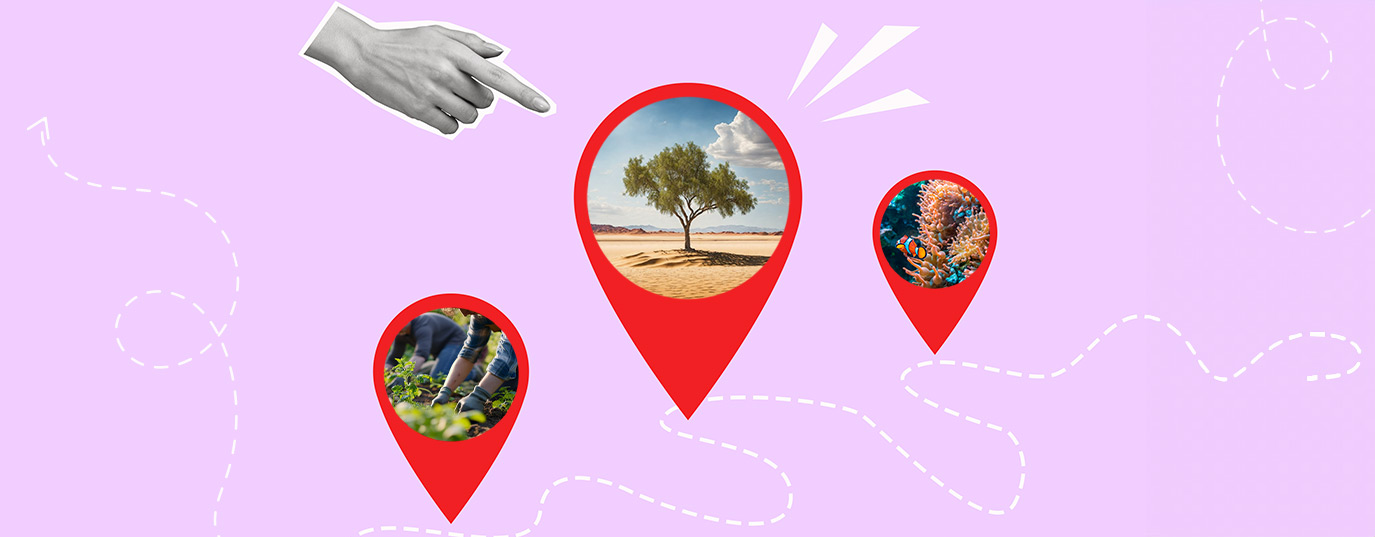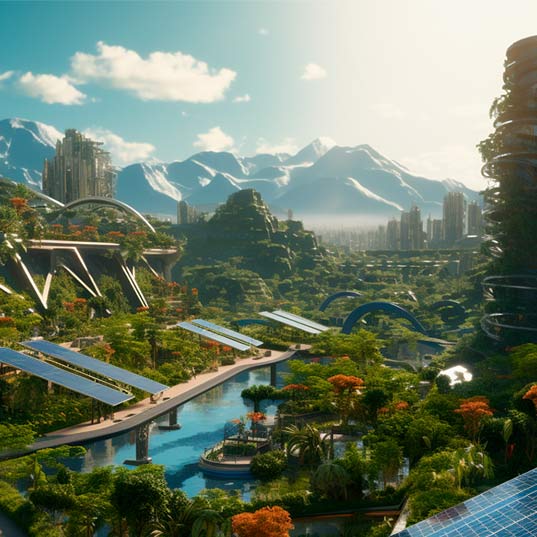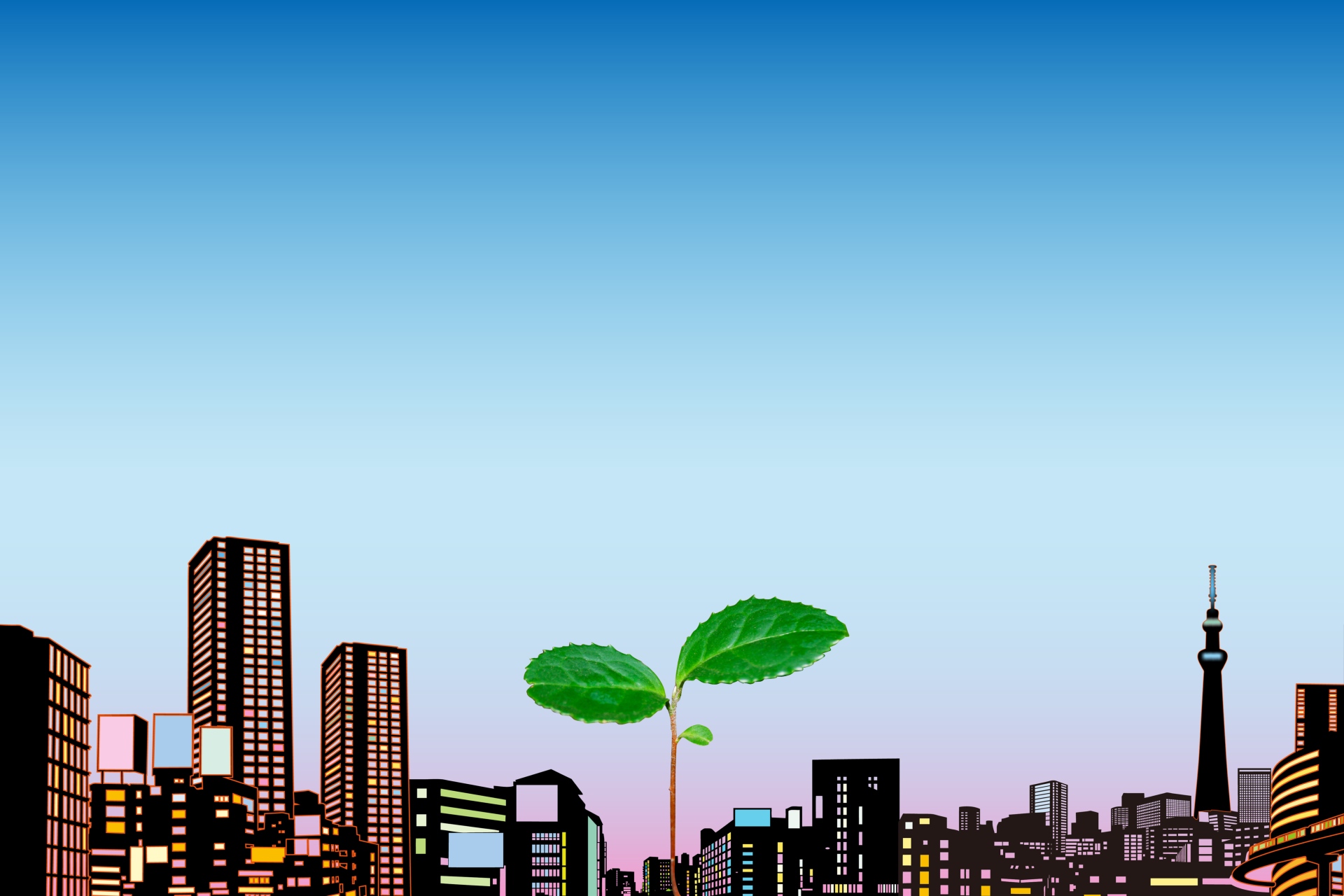Keys to the Sustainable Development World Summit
After two years of hard work, the UN will present to the world the SDGs in New York between 25 and 27 September"The future we want". With a report entitled in such a hopeful and challenging way the United Nations Conference on Sustainable Development - Rio+20 - was closed and the UN set out a mandate to establish an Open Working Group (OWG) to start writing the new Sustainable Development Goals to replace the past Millenium Goals in the next Summit (25-27 september).
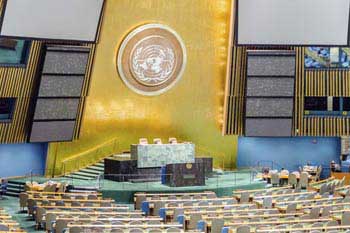
This OWG met for the first time on 14th and 15th of March 2013 at the United Nations General Assembly in New York, and held a round of later meetings in which they shaped the Sustainable Development Goals (SDGs). There were thirteen meetings that were broadcasted live on the UN website Sustainable Development and the videos are stored in webcast available for any person who wants to watch them.
On July 18th, 2014, a year and a half after the first encounter, these meetings ended; and four days later, on July 22th, the OWG presented to the world the final SDGs proposal, which will be officially ratified within three weeks at the UN headquarters in New York.
Who takes part in the Open Working Group?
To carry out the development of the SDGs, the Member States that were part of the OWG were divided into five groups conditioned by geographical areas. Within these groups, at the same time, some of the countries associated in sets to defend common interests. These are the groups that originated:
- African group:
1. Algeria, Egypt, Morocco and Tunisia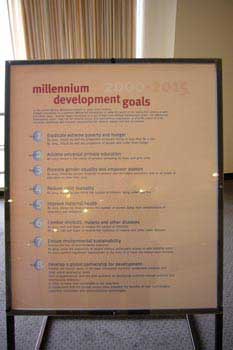
2. Ghana
3. Benin
4. Kenya
5. United Republic of Tanzania
6. Congo
7. Zambia and Zimbabwe
-Asia-Pacific group:
1. Nauru, Palau and Papua New Guinea
2. Bhutan, Thailand and Viet Nam
3. India, Pakistan and Sri Lanka
4. China, Indonesia and Kazakhstan
5. Cyprus, Singapore and United Arab Emirates
6. Bangladesh, Republic of Korea and Saudi Arabia
7. Islamic Republic of Iran, Japan and Nepal
- Latin American and Caribbean Group:
1. Colombia and Guatemala
2. Bahamas and Barbados
3. Guyana, Haiti and Trinidad and Tobago
4. Mexico and Peru
5. Brazil and Nicaragua
6. Argentina, Plurinational State of Bolivia and Ecuador
- Western European and Others Group:
1. Australia, Netherlands, United Kingdom of Great Britain and Northern Ireland
2. Canada, Israel and United States of America
3. Denmark, Ireland and Norway
4. France, Germany and Switzerland
5. Italy, Spain and Turkey
- Eastern European Group: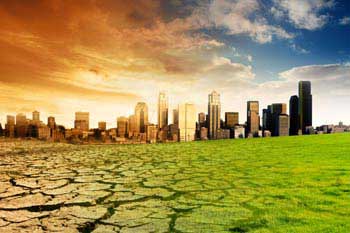
1. Hungary
2. Belarus and Serbia
3. Bulgaria and Croatia
4. Montenegro and Slovenia
5. Poland and Romania
The political leaders of these seventy countries and their representatives will expose, during the three days of the Summit, the Sustainable Development Goals looking for the approval by all Member States of the UN General Assembly.
Having into account that this will be a regular meeting, the discussion points will be approved by a majority of two thirds of the voters, although in recent years the General Assembly seeks consensus and tries not to reach a final vote, since the Assembly does not have the power to compel any State to take the measures approved unanimously.
On this occasion, as a novelty, the UN called for support of the global community through the website My world. This platform reflects the priorities and requests related to sustainable development of anyone who wants to contribute to the SDGs.
You can also be part of the Sustainable Development Goals and be part of the solution. Go ahead and participate.
Sources: Open Working Group proposal for SDGs, SDGs press release, Summit official website, 2030 Agenda for Sustainable Development, The world we want and My world.



